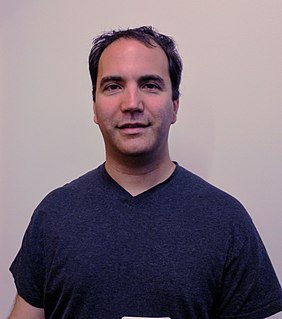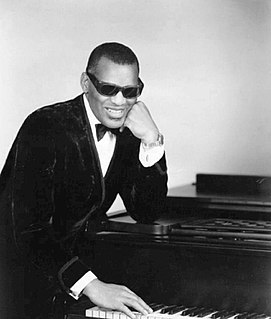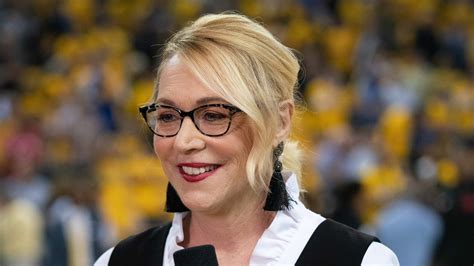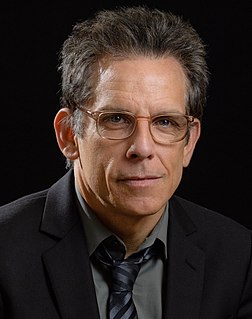Top 1200 Bad Grades Quotes & Sayings
Explore popular Bad Grades quotes.
Last updated on November 24, 2024.
I rebelled by not getting straight A's and not following the path that my elder sister did. She was valedictorian and is very exemplary in her way. I look a lot like her, so I just had to do the opposite. Not that I got bad grades, but I was all about performance and just finding any way that I could to be involved in any kind of production.
I didn't make any kind of grades in high school. My mother was a single mom, putting my three sisters through college, and I was such a bad student that I knew I had no right to take her money. But I loved being in classes and learning. I took in a huge amount of what I learned, but I had a feeling of always being behind and being in trouble.
I never read in school. I got really bad grades-D's and F's and C's in some classes, and A's and B's in other classes. In the second week of the 11th grade, I just quit. When I was in school, it was really difficult. Almost everything I learned, I had to learn by listening. My report cards always said that I was not living up to my potential.
My grades in high school were not very good. I was that kind of perfectionist that figured if you can't do it perfectly, why do it at all? So my grades weren't great, but I feel like, is there any other way that I could have gotten into NYU? I don't know. I think that it definitely worked in my favor in some ways.
Everything depends on attitude. We are ambitious or lazy, enthusiastic or dull, loyal or undependable, according to our attitude. We get good grades or poor grades - according to our attitudes. Discouragement is an attitude. Lack of industry is an attitude. Failure to follow instructions is an attitude. attitude
My long-held fear is that Mr. Obama is hiding something about his education. During the endless 2008 campaign, Mr. Obama would not release his college grades. Given that President George W. Bush and Sens. Al Gore and John Kerry all had proved mediocre grades were no impediment to a presidential bid, Mr. Obama likely had other concerns.
I grew up in a very small, close-knit, Southern Baptist family, where everything was off-limits. So I couldn't wait to get to college and have some fun. And I did for the first two years. And I regret a lot of it, because my grades were in terrible shape. I never got in serious trouble, except for my grades.
In Jamaica we had the English way of schooling from the age of four, so when I got to America I was already a few years advanced because I started school at the age of three-and-a-half rather than six and my grades moved up accordingly. In America, they start you at school at six because the grades are different. I had to take a test and they didn't know what to do with me. It wasn't that I was any smarter; I had just started younger. All of a sudden I was jumped from eighth to tenth grade. They said I was very smart, but I was only smart in languages, really.
I am committed to writing appropriate books for the middle grades. This means no bad language, no gratuitous or explicit violence, and no sexual content beyond what you might find in a PG-rated movie – expressions of who likes whom, holding hands, and perhaps the occasional kiss. The idea that we should treat sexual orientation itself as an adults-only topic, however, is absurd. Non-heterosexual children exist. To pretend they do not, to fail to recognize that they have needs for support and validation like any child, would be bad teaching, bad writing, and bad citizenship.
When it comes to partisan politics, everyone is a hypocrite. And all they care about is whether it hurts or helps them ... Is it good or bad for the Democrats? Is it good or bad for the Republicans? Is it good or bad for Jews, or good or bad for blacks, or is it good or bad for women? Is it good or bad for men? Is it good or bad for gays? That's the way people think about issues today. There is very little discussion of enduring principles.
























































